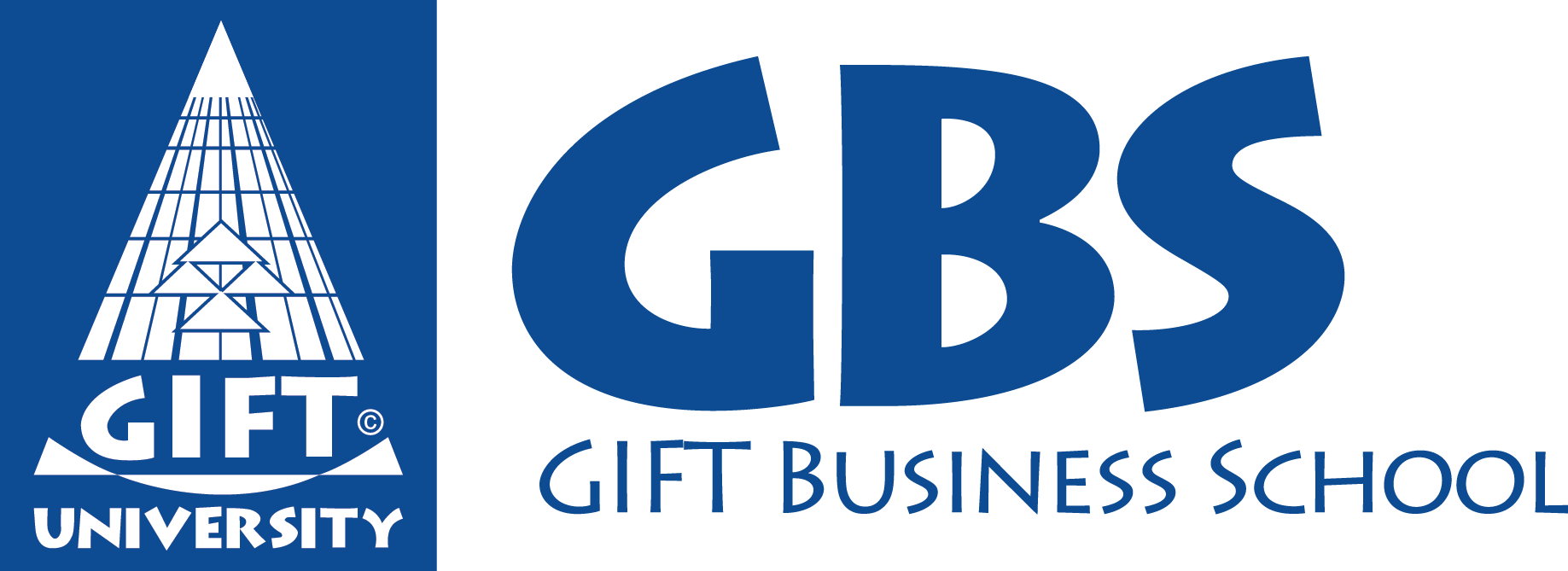Economics, as a discipline, deals as a central point of understanding in a broad spectrum. This subject helps in the exploration of all aspects related to resource management in different areas for example, consumer behavior, business enterprises, markets, government policies for growth and development, trade and international issues, globalization, health, development, and the environment. The BS degree in Business Economics is a challenging degree program, which emphasizes the study of quantitative techniques along with economics. The course of study requires a more intensive background in math and statistics, reflecting the quantitative character of modern economics and the business world. This program provides preparation for employment in technical and scientific areas like planning, decision making and banking.


